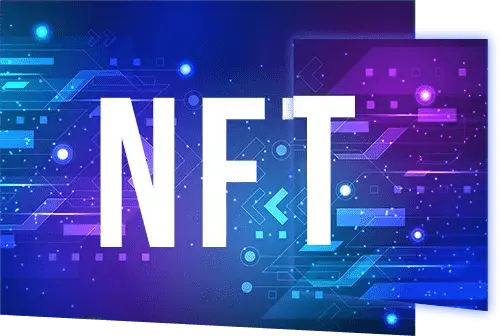- Services
- Hire Developer
- Our Products
- Insights
- Our Company
 info@infograins.com
info@infograins.comCall Us :
- INDIA OFFICE+919770477239 +919713406272
- UK OFFICE+447401232155
- USA OFFICE+13312695159
- AUSTRALIA OFFICE+61480043472
- UAE OFFICE+971585596272
- Web3
- Metaverse
- Public Blockchain
- Private Blockchain
- Proof Of Concept
- Crypto Wallet
- Smart Contracts
- Smart Contracts Audit
- Solidity
- Multichain
- Supply Chain
- Finance
- Transportation & Logistics
- Healthcare
- Insurance
- Procure to Pay (PTP)
- Blockchain Protocol
- Polkadot
- Polygon
- Cardano
- Binance
- Hybrid Blockchain

loading...
Development Center-InfoGrains Software Solutions Pvt. Ltd.
USA OFFICE
135, 447 Broadway, 2nd Floor, New York, NY 10013, USA
720 W. Randolph Street Chicago, IL
UAE OFFICE
FDRK3822 Compass Building, Al Shohada Road, AL Hamra Industrial Zone-FZ, Ras Al Khaimah, United Arab Emirates































